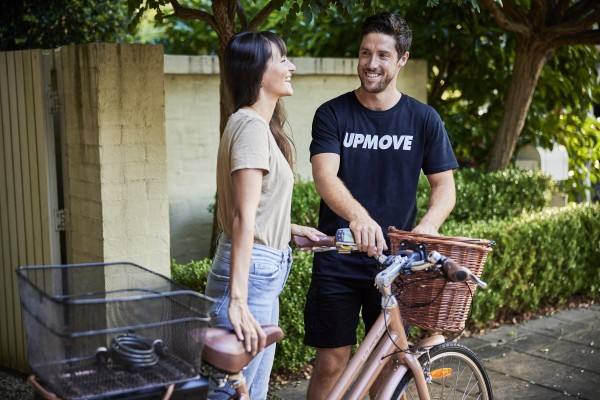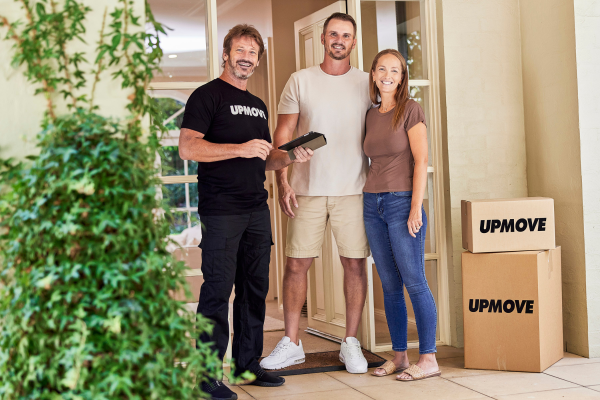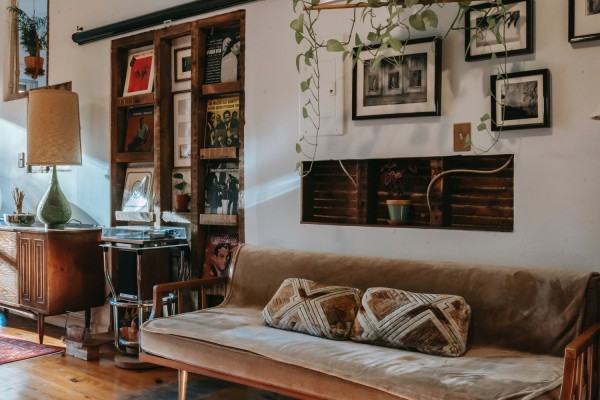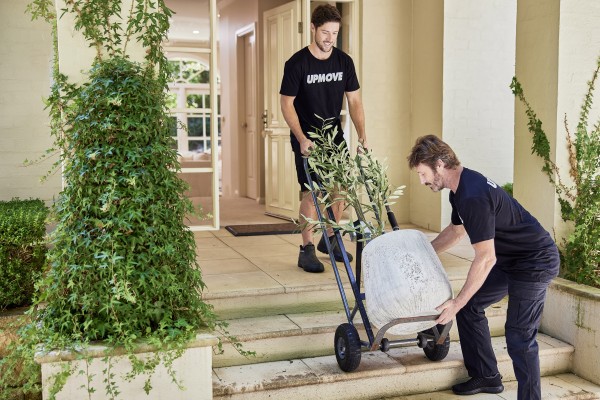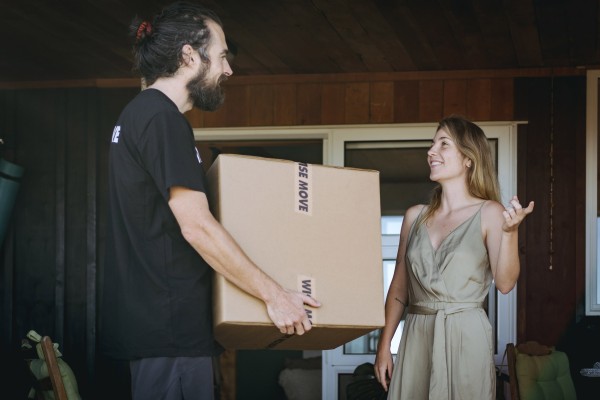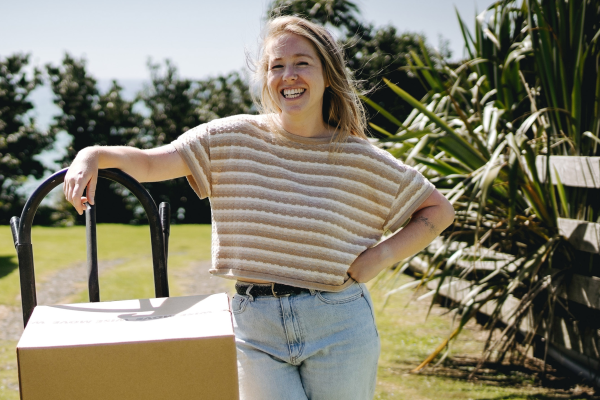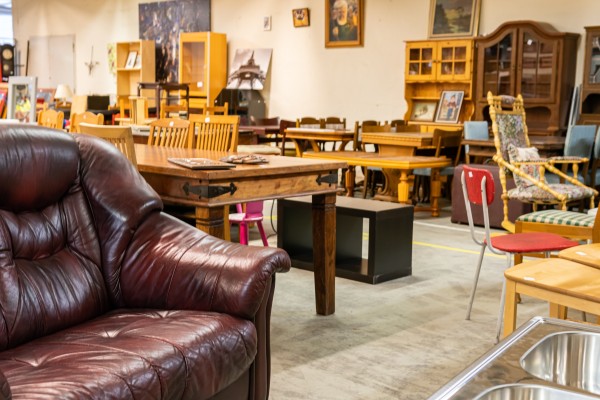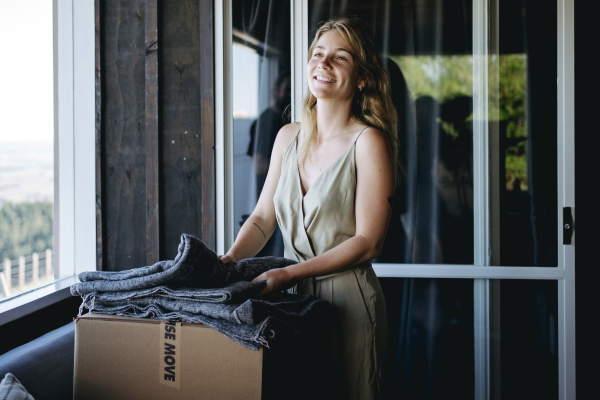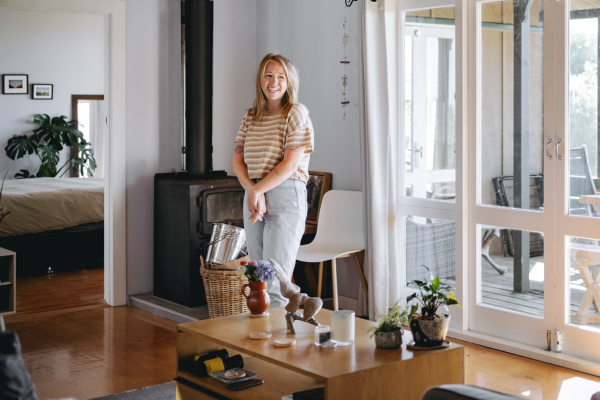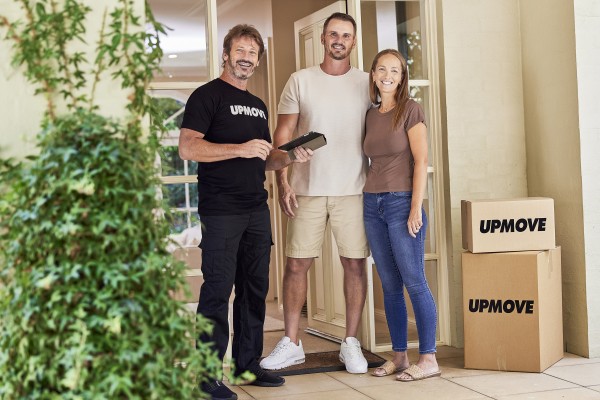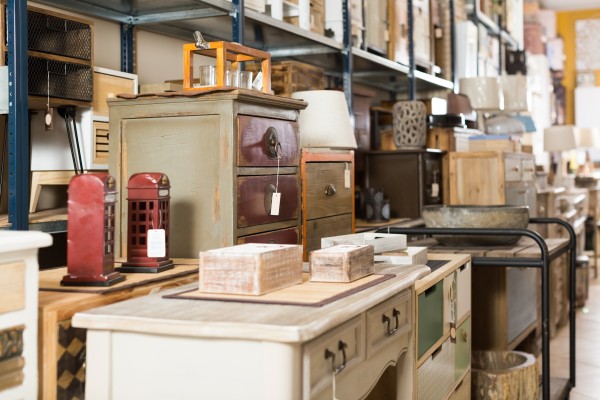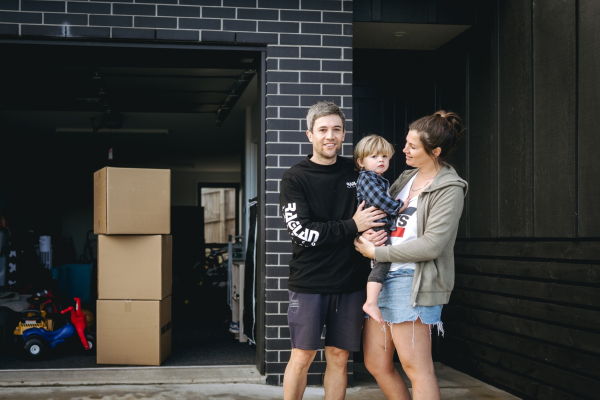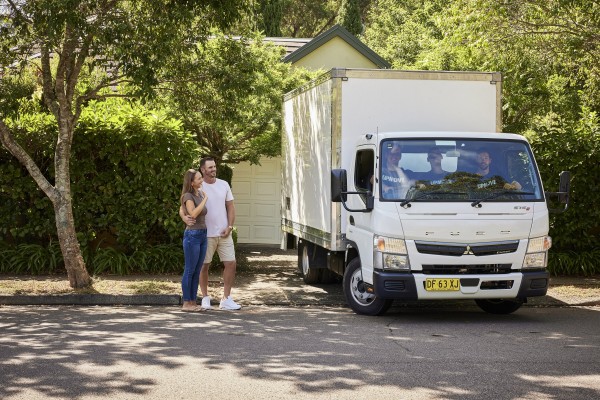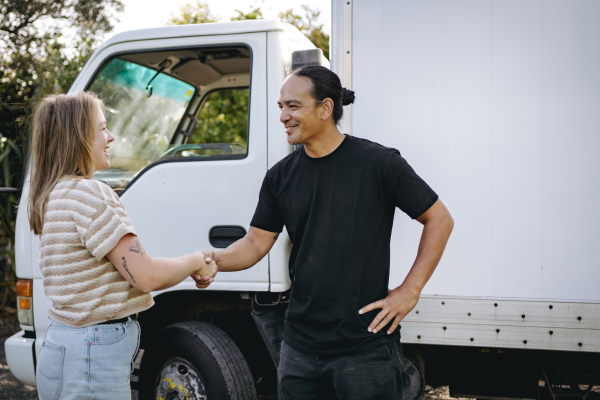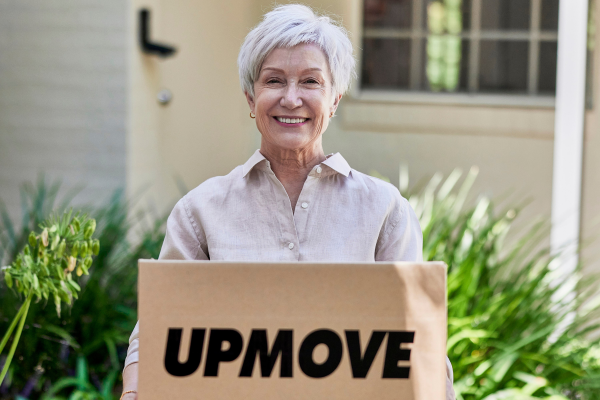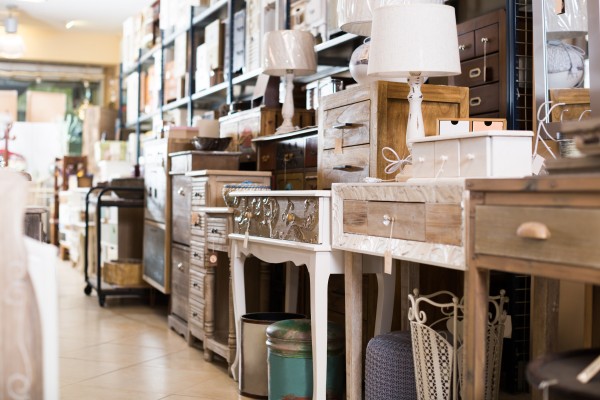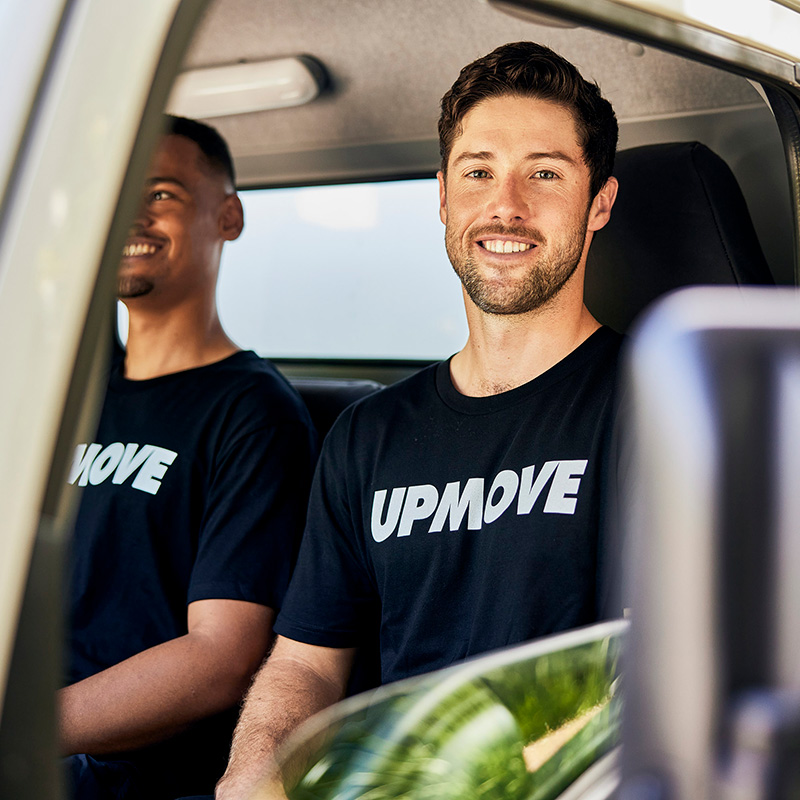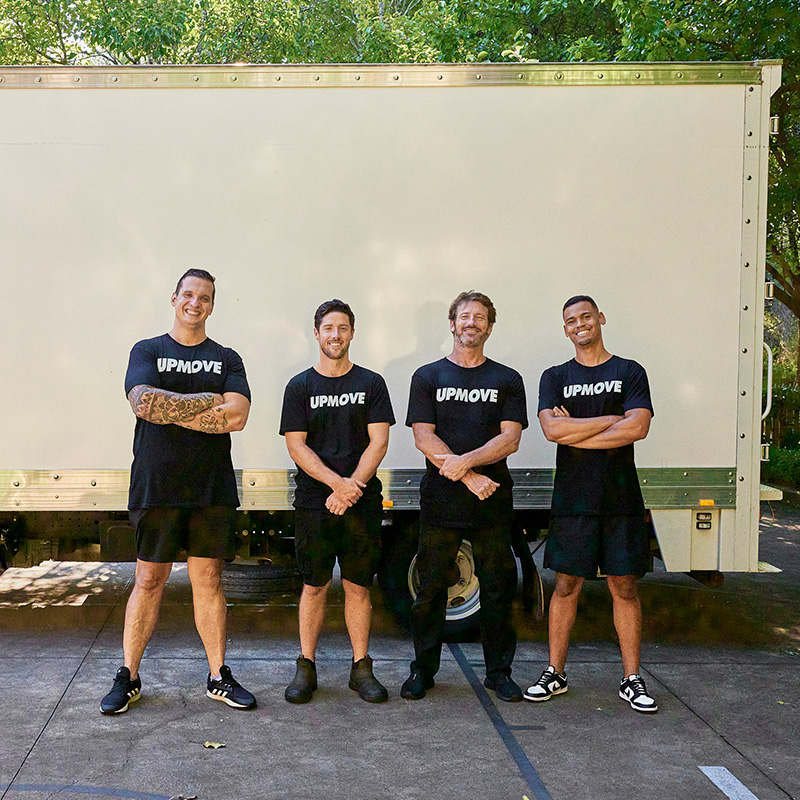Moving checklists and budget plans for Geelong relocations
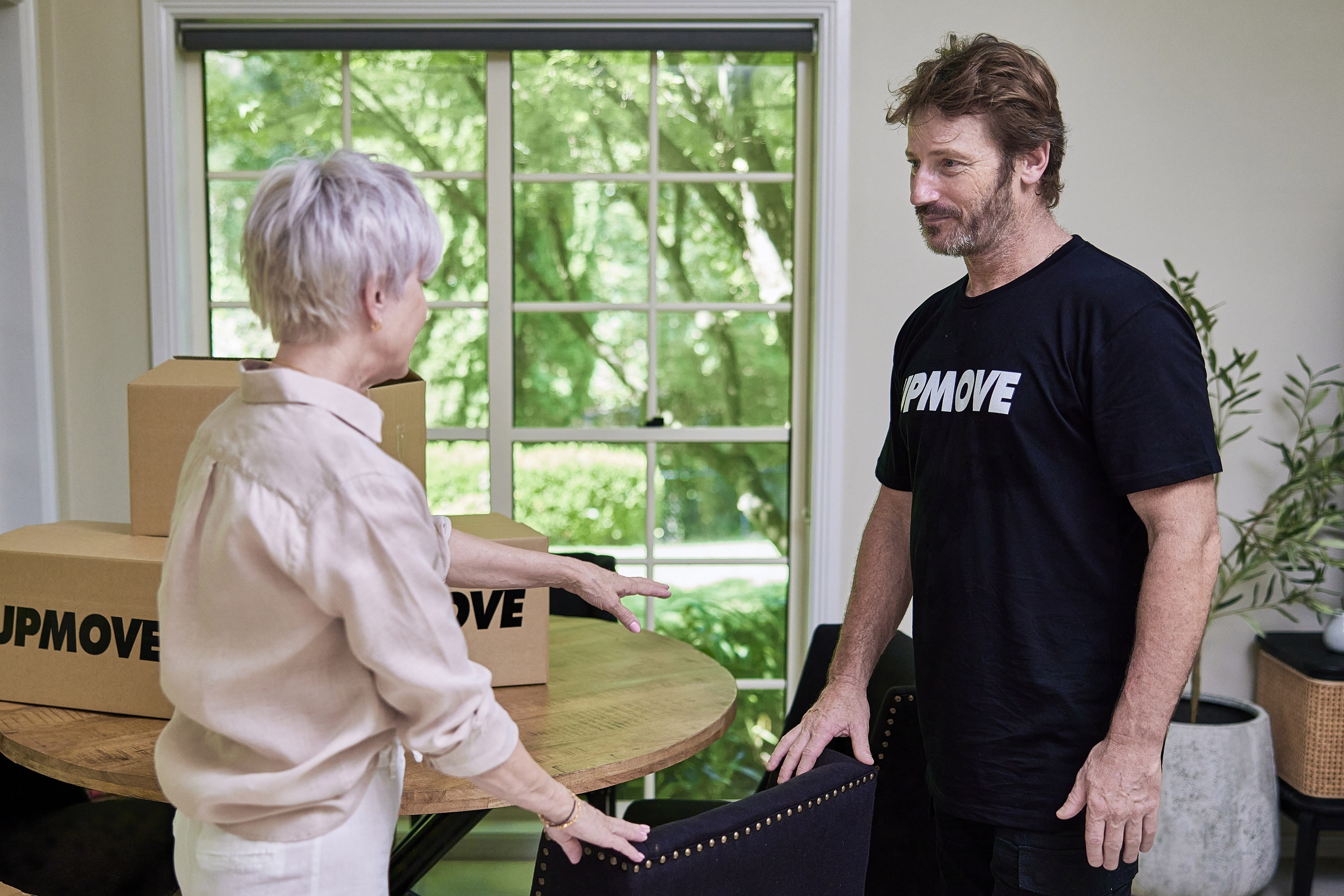
This guide is your ultimate resource for everything you need to know if you’re moving in and around Geelong. We’re diving deep into every step, every cost, and every to-do action involved in your move. From understanding removalist rates and what’s included in quotes to the nitty-gritty of packing and budgeting, we’ll break it all down for you. Whether you're planning a local move or heading interstate, we’ll help you navigate the ins and outs of moving in Geelong with ease and confidence.
How much do Geelong removalists charge?

When it comes to hiring removalists in Geelong, you can expect to pay between $140 and $170 per hour. Most companies have a minimum booking time of 2 hours, meaning you'll be charged for at least that amount of time, even if your move takes less. Keep in mind that the total cost will depend on factors like the size of your move, how far your new home is, and any additional services you might need, such as packing or storage. It's a good idea to get quotes from a few different Geelong removalists to ensure you're getting the best value for your move.
Moving in Geelong - costs by home size
When it comes to moving in Geelong, the cost really depends on the size of your home and how much stuff you’ve got. Larger homes take more time and effort to pack, load, and transport, which means the price will be higher. Smaller spaces like a studio or 1-bedroom unit tend to be cheaper to move, while bigger homes like 3 or 4-bedroom houses will cost more. Check out the table below for a quick look at typical moving costs based on home size to help you get an idea of what to expect.
Below is a breakdown of typical moving costs based on home size, according to Upmove’s 2025 data:
| Size of home | Cost |
| Studio/1-Bed Unit | $440 - $910 |
| 2-Bed Unit | $580 - $1,180 |
| 2-Bed House | $970 - $1,240 |
| 3-Bed House | $1,130 - $1,460 |
| 4-Bed House | $1,180 - $2,050 |
Prices can also change depending on things like the distance between homes, special requests, or extra services like packing or furniture disassembly. We’ll dive into the details soon, but if you’re in a rush, feel free to skip ahead to see what’s included in your quote and any extra charges to watch out for.
Interstate moving costs to/from Geelong
Moving costs - Geelong to Adelaide
Interstate moves can vary quite a bit in cost, mainly because the distance between locations can be huge. For example, moving from Geelong to Adelaide can come with a big range in prices. To give you a bit of a guide, we’ve looked at data from Upmove users who made the move between these two cities. For a larger interstate move like this, you’ll typically see costs between $1,487 and $7,431, depending on the size of your home and what’s involved. Check out the table below for a clearer breakdown of costs based on home size.
| Size of Home | Average Cost |
| 2-Bed Apartment | $3,210 |
| 2 bed House | $3,550 |
| 3-Bed House | $4,900 |
Prices for interstate moves can fluctuate depending on factors like the time of year, any extra services you might need (like packing or temporary storage), and specific requirements for your move.
Keep in mind, these are just rough estimates, so it’s always worth getting a few quotes based on your exact needs to get a more accurate idea of the cost.
What’s included in removalist quotes?
When you get a quote for removalist services in Geelong, it’ll usually cover the basics like the truck, the movers’ time, and basic insurance for your belongings. You’ll also likely have access to things like trolleys and furniture blankets to help with the move. But there are a few things that could add extra costs.
For example, in busy areas like Geelong’s city centre, parking can be tricky, which could bump up the price. Older homes in places like Newtown or East Geelong might have narrow staircases or limited access, slowing things down. And moving on weekends or public holidays usually costs more due to higher demand. To avoid any surprises, it’s always a good idea to double-check with your movers about these details before you lock in your booking.
Congestion and parking - why it matters on moving day
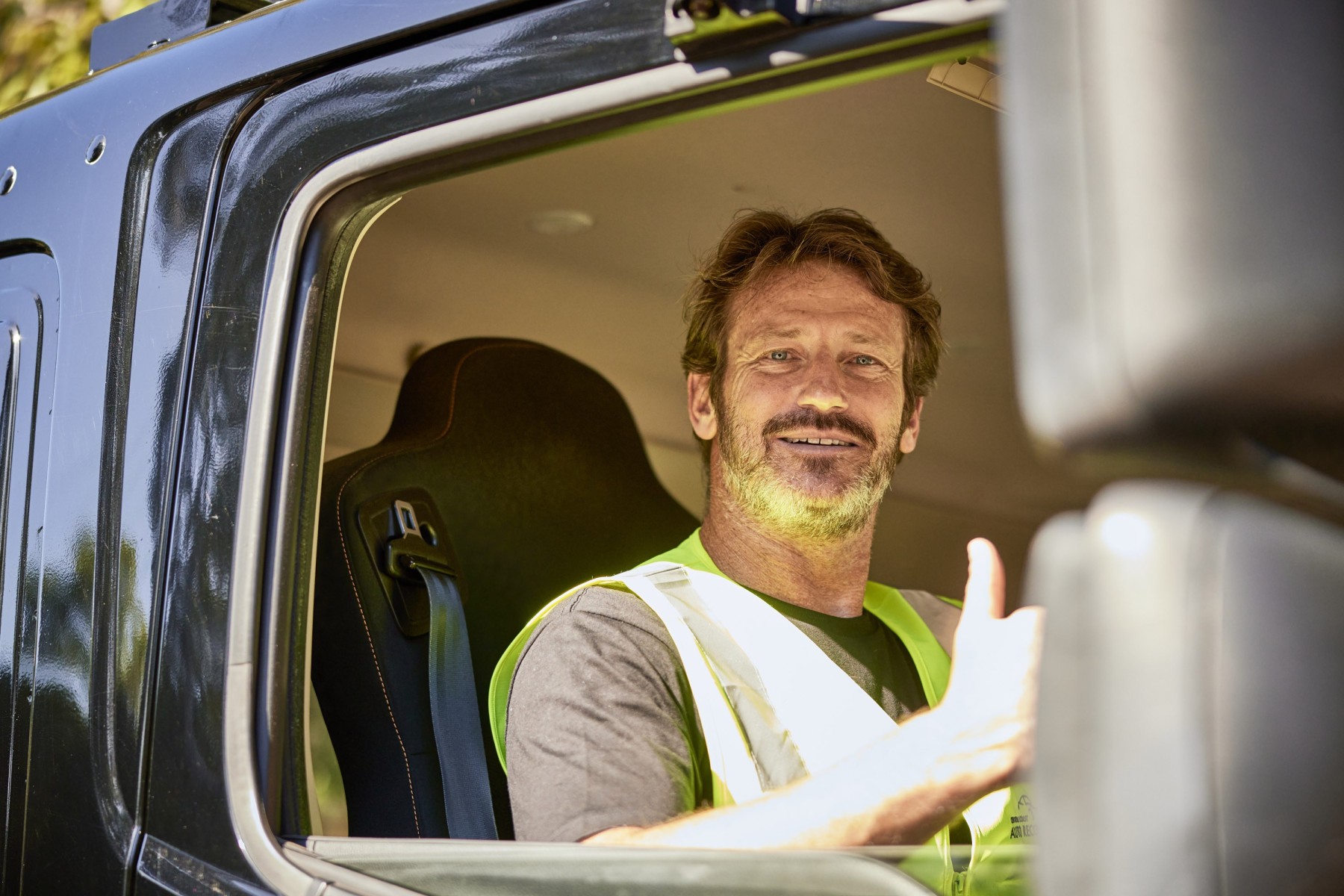
Knowing the lay of the land in can make your move much smoother. Traffic and parking can have a big impact on your timeline and costs, especially in busier areas.
Certain areas can be tricky for parking, and narrow streets or tight access points might slow things down.
Areas to look out for include Geelong’s city centre, Newtown, and East Geelong. Keeping these local hotspots in mind will make your move a lot easier.
Other moving costs
Aside from your removalist fees, don’t forget the extras that can sneak into your moving budget. If you’re buying or selling property, major costs like stamp duty, real estate commissions, and conveyancing can quickly add up—especially with Geelong’s rising property prices. A $1M home could attract around $40,000 in stamp duty alone, while agent fees can run anywhere between $15,000 and $30,000 depending on what’s bundled in.
For renters, don’t overlook bond payments, utility connection fees, and cleaning costs. And if you’re selling, you might also consider home styling. While not essential, professional styling can help your home sell faster—and potentially for more—making it a savvy short-term investment. Make sure you scope out these costs early so there are no surprises when it comes time to settle in.
Money saving tips for movers
Here are some valuable tips to save you some dollars along your moving journey:
- Book early: Try to book your movers in advance, especially for weekdays or mid-month, when demand is lower, and prices can be more reasonable.
- Declutter before moving: The less you move, the cheaper it will be. Take some time to sort through your belongings and get rid of things you no longer need. It’ll save you space and money!
- Consider backloading: Sharing a truck with others can make long-distance moves more affordable. If you’re flexible on timing, this is a great way to cut down on costs.
- Plan for parking and access: If you're moving in or out of busy areas like Geelong’s CBD, check the parking situation ahead of time. Limited access or parking restrictions can cause delays and extra fees.
- Move during quieter times: Try to move early in the morning or on a weekday to avoid the busiest times and potential traffic delays.
- Get multiple quotes: Don't settle for the first quote you get. Compare a few removalists to find the best deal for your move.
Example moving budgets for Geelong
Buying and selling moving costs
| Service | Cost Range |
| Removalist (Local move) | $280 - $1,530 (depending on home size) |
| Conveyancing fees | $1,500 - $2,500 |
| Stamp Duty | Approx. $40,000 (for a $1M property) |
| Real Estate Agent Fees | $15,000 - $30,000 (depending on sale price) |
| Marketing | $1,000 - $8,000 |
| Property Valuation | $400 - $600 (standard residential) |
| Inspections (Building & Pest) | $400 - $800 |
| Home Styling (optional) | $1,500 - $5,000 |
| Professional Cleaning | $400 - $600 |
| Packing Materials | $100 - $300 |
| Utility Connections | $50 - $200 |
| Estimated Total | $61,000 - $100,000+ |
Rental moving costs
| Service | Cost Range |
| Removalists (Local move) | $280 - $1,530 (depending on home size) |
| End-of-lease Cleaning | $400 - $600 |
| Bond (4 weeks’ rent) | $2,000 - $3,000+ |
| First month’s rent | $2,000 - $3,000+ |
| Packing Materials | $100 - $300 |
| Cleaning for New Property | $150 - $400 |
| Utility Connection Fees | $50 - $200 |
| Pet Bond (if applicable) | $200 - $500 |
| Renters’ Insurance | $10 - $30/month |
| Application Fees | $90 - $150 |
| Estimated Total | $4,100 - $10,000+ |
Note: Costs may vary depending on property size, services required, and other factors.
Movers - what you need to keep in mind
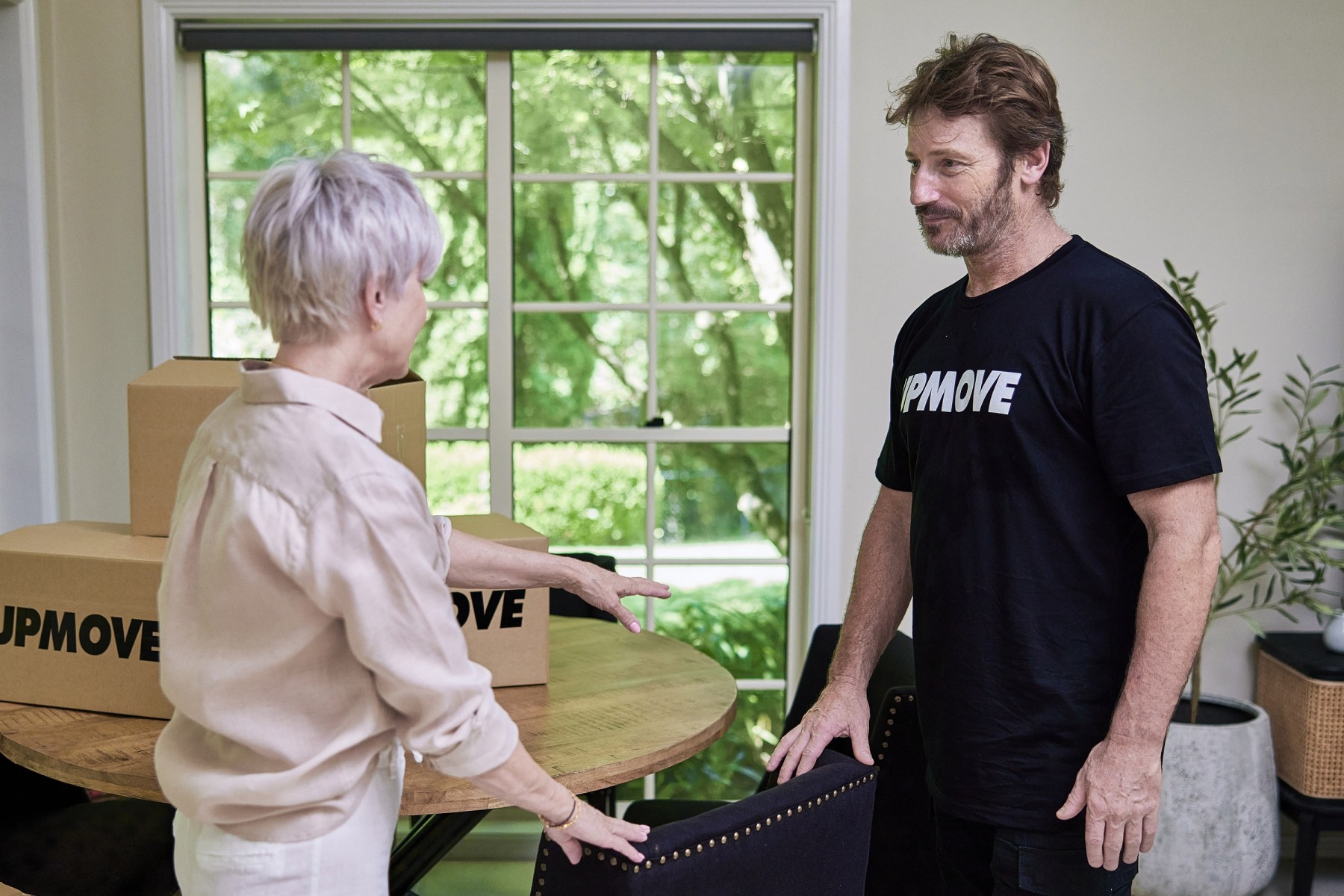
Now that you have a solid understanding of your moving costs and budget, let’s dive into the next steps to get you from A to B.
Like with any move, moving in Geelong is made a little easier when you’re armed with local knowledge such as the local housing market, transport options, weather considerations etc. So, we’ve outlined a few key things for you to think about as you plan and prepare for your move.
Housing market
The Geelong property market has grown significantly in recent years, with people increasingly flocking to the area for its mix of coastal charm and proximity to Melbourne. Popular spots like Geelong West, Newtown, and East Geelong are in high demand, and as with most cities, being close to the CBD and transport links can drive up prices. If you’re seeking a more budget-friendly option, consider the outer suburbs like Highton or Belmont, where you'll still have easy access to the areas amenities but at a more affordable price.
Waste collection & recycling services
In Geelong, waste collection and recycling are run by the City of Greater Geelong, which offers services for general waste, recycling, and green waste. If you’re moving into a new place, check if your new property is set up with a waste collection service. Be sure to sign up for your bins ahead of time if you’re moving into a rental, as some properties may not have all the bins you need right away.
Transport options
The area may be smaller than Melbourne, but it offers great local transport to make your move easier. The town is serviced by buses that connect the suburbs to the city centre, and the V/Line train station in the heart of Geelong offers a direct line to Melbourne, which is ideal if you’re commuting or need access to the big city. If you plan on relying on public transport, make sure you’ve got your Myki card set up for easy access to trains and buses.
Weather considerations
Geelong enjoys a temperate climate, so while winters are generally mild compared to other parts of Australia, they can still get chilly, especially along the coast. Summers are warm but not as hot as further inland, which makes for a comfortable moving experience. Timing your move in the cooler months of autumn or spring will make things more pleasant, as summer can get pretty warm—perfect to avoid sweltering heat when hauling boxes.
Moving house checklist
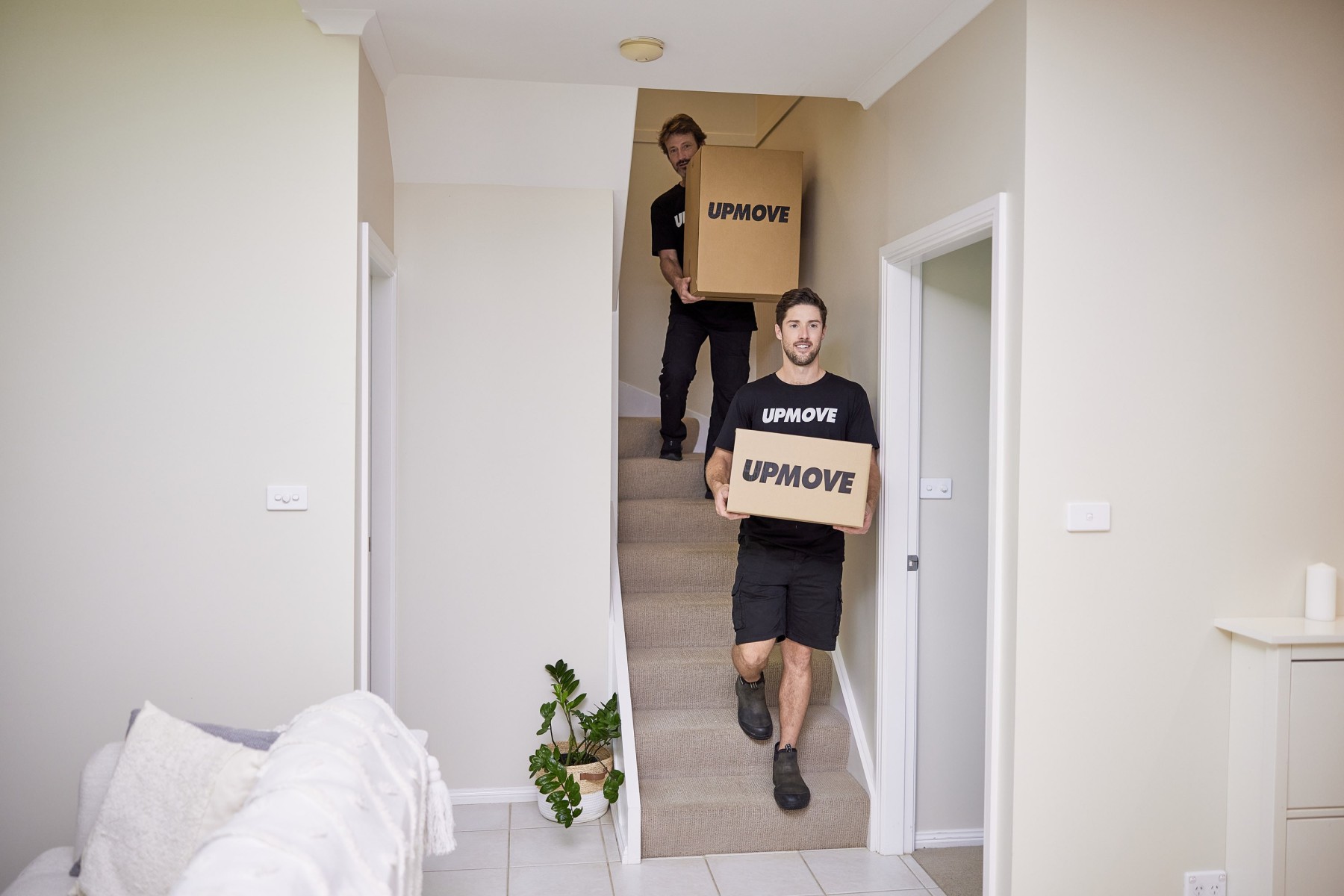
Budgeting, property markets, worrying about weather - we get it, moving house can feel like a lot. Let’s break it down into bite sized chunks with our handy moving house checklist.
10+ weeks before the move
- Research suburbs based on lifestyle, work, public transport, and amenities.
- Set your moving budget for removalists, packing supplies, and extra costs like parking permits.
- Book your removalists early, especially if moving during peak times.
- Organise storage if needed for temporary holding.
- Start decluttering and get rid of things you don’t need.
- Create a packing plan, tackling one room at a time.
- Notify your landlord or agent if you're renting.
6+ weeks before the move
- Begin packing non-essentials like seasonal items and extra kitchenware.
- Order packing materials early to avoid delays.
- Notify utility providers and services about your move.
- Plan for moving delicate or valuable items.
- Apply for parking permits if necessary.
4+ weeks before the move
- Reconfirm your moving booking.
- Arrange for end-of-lease cleaning if needed.
- Prepare for pets or kids by organising care on moving day.
- Visit your new place to check for repairs or cleaning.
2+ weeks before the move
- Continue packing room by room and label boxes.
- Pack an essentials box with toiletries, chargers, and must-haves.
1+ week before the move
- Confirm details with your movers.
- Clean your old place for the final inspection.
- Pack remaining items, leaving essentials for last.
- Arrange transport and care for pets or kids on moving day.
Moving day
- Save a parking space for your movers.
- Let the movers handle the heavy lifting.
- Check your old home for any forgotten items.
- Confirm utilities are connected at your new place.
- Unpack your essentials box first, then tackle key areas like the kitchen and bathroom.
Settling in
- Unpack and organise starting with the most-used areas.
- Check all deliveries have arrived safely.
- Ensure utilities are all working smoothly.
Using a moving company vs. DIY moving

When it comes to packing for your move, you’ve got two main options: hiring professionals or doing it yourself. Here's a quick look at both choices:
Hiring a moving company
Pros: Hiring movers can make the process quicker, easier, and less stressful. They take care of everything from packing and loading to transport and unloading, saving you a lot of time. They’re also experienced in handling fragile or bulky items, making them a great option if you want to avoid the hassle of doing it all yourself.
Cons: The downside is the cost—professional movers can be expensive, especially for larger homes. You’ll also have less control over how your items are packed, and if you prefer a more hands-on approach, that might be a drawback. Movers can also book out fast, so you’ll need to plan ahead to get your preferred moving date.
DIY moving
Pros: Going the DIY route gives you flexibility and control. You can pack at your own pace, organise items exactly how you want, and save money on labour costs. It’s a budget-friendly option if you’re happy to take on the physical effort and have the time to do it yourself.
Cons: But DIY moving comes with challenges—it’s time-consuming, physically demanding, and you’ll need to organise packing materials and transport yourself. Heavy lifting, especially without the right equipment or help, can be risky. And if you’re not confident about safely packing or moving larger items, it can get tricky fast.
If you’re thinking about hiring movers, make sure to compare quotes for the best deal. Platforms like Upmove can help you find a trusted removalist service in Geelong.
Packing materials – what you’ll need and where to get them
You’d be surprised how much easier packing feels when you have everything you need within arm’s length. Here’s a breakdown of necessary supplies for a standard 3 bedroom house move.
The essentials include a good mix of box sizes, strong tape, and bubble wrap for fragile items. Packing paper is great for cushioning breakables, while ziplock bags help keep loose items together—like screws from dismantled furniture or bits from kids’ toys. Labels or markers are a must-have to stay organised and avoid opening random boxes at the other end.
You can find these at Bunnings, Officeworks, Big W, or online. If you want to save a bit, look for secondhand boxes on Facebook Marketplace or ask your local supermarket. For more unusual gear, like corner protectors, mattress bags, or stretch wrap, specialty moving supply stores or your removalist might be your best bet.
Packing up - room by room guide
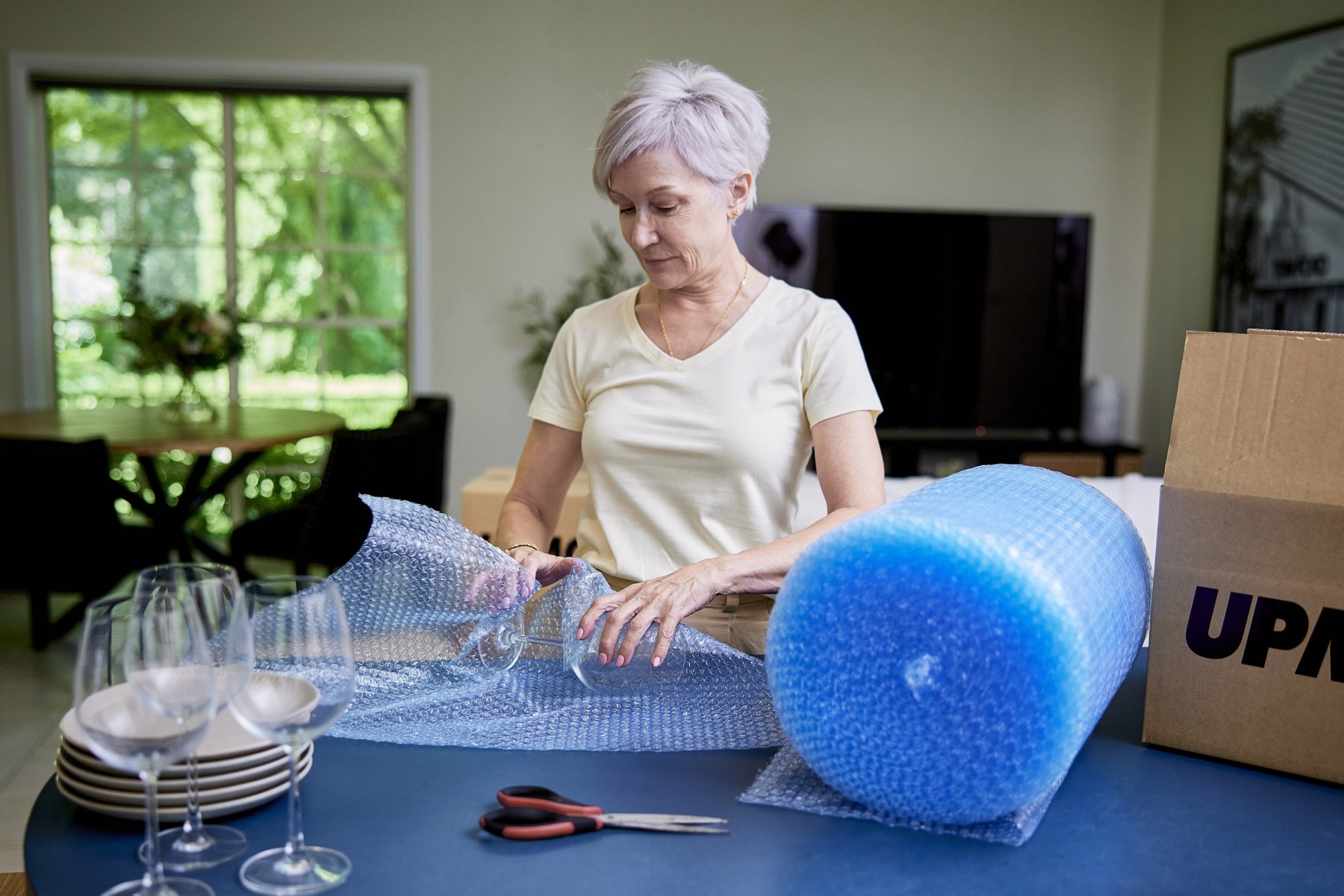
Packing up can feel overwhelming, but breaking it down by room makes it easier. Start with rooms you use the least and work your way to the essentials. We’ve created a checklist for you in the best order to get going.
Outdoor & Storage Spaces: Pack tools in small boxes and wrap any sharp edges. Disassemble furniture and bundle hose reels or gardening gear with ties. Pro tip: Wrap fragile pots in towels and use up old soil bags to cushion items in transit.
Guest Bedrooms: Disassemble beds early and store hardware in labelled ziplock bags. Use under-bed bins or laundry baskets for lightweight items like pillows or throws.
Home Office: Protect devices with bubble wrap and use cable ties or toilet paper rolls to tame wires. Store important documents in clearly marked folders.
Lounge & Dining Areas: Wrap artwork and electronics well—TVs especially benefit from their original boxes if you’ve got them. Disassemble flatpack furniture and pad out corners.
Main Bedrooms: Wardrobe boxes are great, but garbage bags with holes for hangers also work in a pinch. Pro hack: Store a clean change of clothes in your “essentials” bag for that first night.
Bathrooms: Use ziplocks for toiletries and a laundry basket for towels and bath mats. Toss old or expired products before packing.
Kitchen: Pack plates vertically like records, with plenty of padding. Tape cutlery bundles together and label glassware as ‘fragile’ on all sides. Use cooler bags or eski-style boxes for pantry essentials.
Storage options - cost breakdown
Here’s a quick look at what to expect if you need storage in Geelong:
- Small units: (around 3m x 3m) $200 - $400/month
- Medium units: (about the size of a half garage, 3m x 6m) $400 - $700/month
- Large units: (like a single garage, 3m x 7m) $600 - $1,000/month
- Oversized units: (20m² or larger) $900 - $2,000/month
To save, book ahead for potential discounts, and choose a unit size that fits your needs. Locations further from the city are often cheaper.
Preparing for special circumstances
Moving can be a little trickier when you’ve got kids, pets, elderly family members, or a disability to think about, but don’t worry—it's totally doable with a little extra prep.
Let kids be part of the process by giving them simple packing tasks and setting up their new room first to help them feel settled. Pets thrive on routine—consider using a sitter or arranging transport ahead of time.
Elderly family members might need a bit of extra time and support on the day, while anyone with mobility challenges should have clear access paths in both the old and new homes. Book removalists experienced with special needs if extra care is required—many local teams in Geelong are equipped to help.
Finding the best removalists
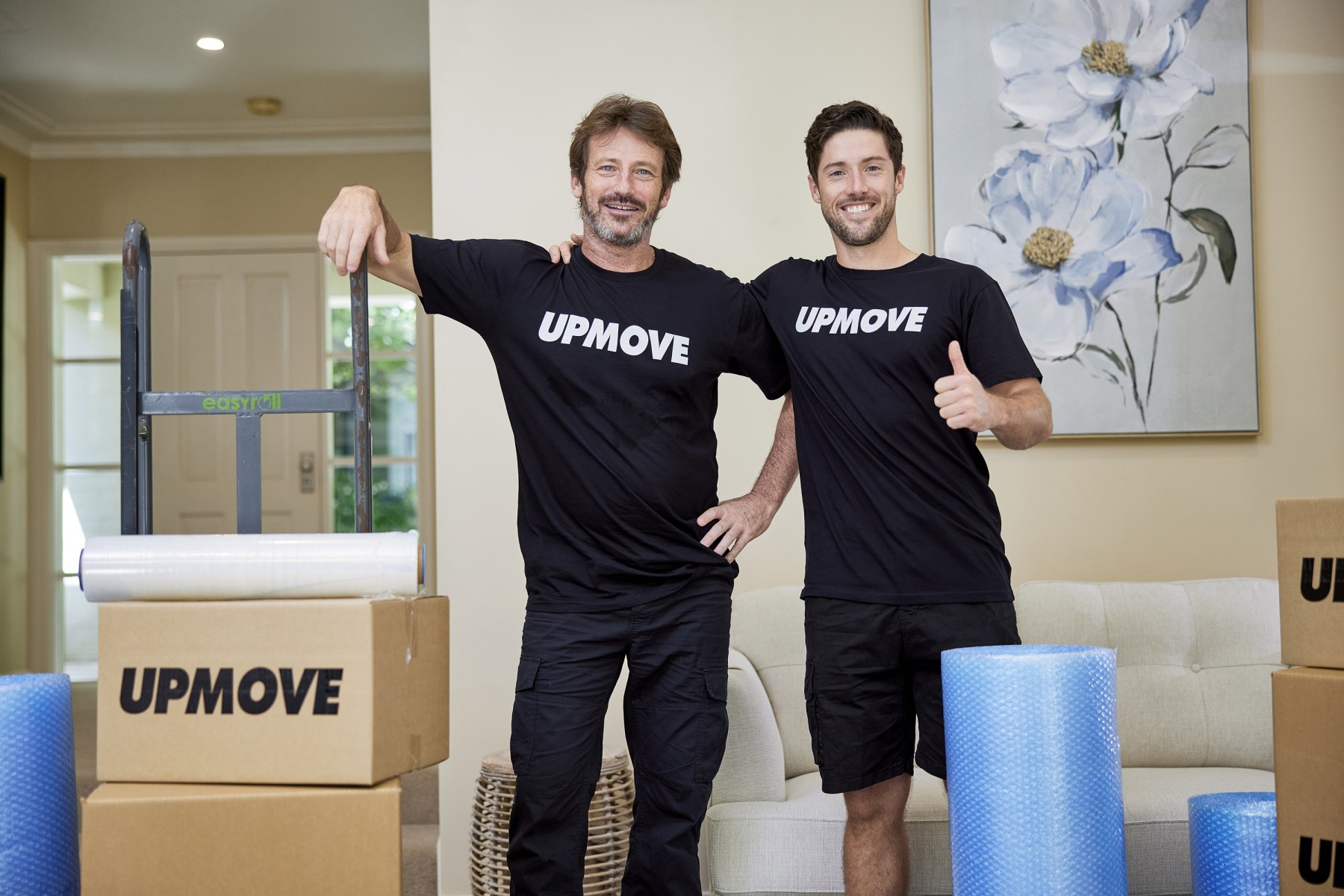
Wow, we covered a lot in this article. We know that you’re probably feeling a mix of excitement and overwhelm with your move to Geelong. That's where Upmove steps in—we connect you with experienced, affordable, and trustworthy Geelong removalists who can help with packing materials, packing order, heavy lifting, travel routes and all other types of moving logistics.
And, they’re professional movers you can trust. Using Upmove you can quickly and easily search for reliable movers, offering clear, upfront quotes so you know exactly what to expect.
What do our customers say?



What’s happening?
Please notify us of any violations. This information will be kept confidential and shared only with Upmove.
- It’s inaccurate or incorrect
- If you find it offensive
- It’s something else


